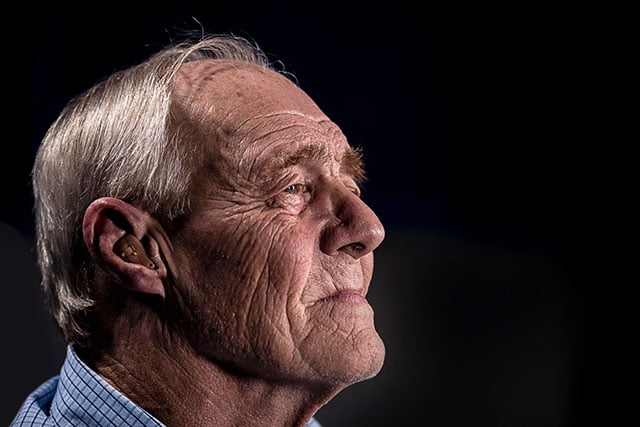Is it true what they say? What doesn’t kill you makes you stronger! I often wondered about this? Especially during some testing points of my life, it certainly didn’t feel like I was stronger from the experience. However, according to German philosopher, Friedrich Nietzsche, the notion that people can build up their strength from going through difficult experiences is true. The idea is to express optimism in times where in reality things seem hopeless.
As human beings, it is inevitable that we will suffer at some point in our lives. For some people unfortunately, this is more so than others. Nevertheless, where there is suffering, there is also opportunity for happiness and contentment. It is therefore a unique humanistic quality to not only recover from such difficult times but to flourish and grow from the experience. This ability has been coined ‘Post Traumatic Growth’ (PTG); a process experienced as a result of the struggle with a major life crisis or a traumatic event. There have been many psychological studies that have looked into PTG and found that many survivors of cancer, war and life-threatening incidents reported transformation in specific areas of their lives after their traumatic event. Typical changes survivors described were improvements in their relationships, a greater appreciation for life, new opportunities, a greater sense of personal strength and spiritual development.
The idea that we are able of transform ourselves in the face of adversity and live better lives is something that has interested me for many years. Having worked clinically with people who have suffered sexual abuse, this made me think about the potential impact of PTG on their quality of life. Much of the focus around sexual abuse tends to cover the damaging effects and long term negative impact. It is the recognition of strength and resilience that is often missed; how they have coped, how they managed to get themselves through each day, how they were able to form relationships despite the difficulties in trusting others, how they picked themselves up and carried on. It’s the persistent and continual steps of resilience that gradually results in growth. This gives me hope and highlights the beauty of humanity, especially how incredibly durable we, as human beings, can be.
As a trainee psychologist, I am learning the value of being part of someone’s growth journey. For me it is the most rewarding aspect of my role. It is the stories of how people have coped, survived and remain determined in the face of adversity that I find truly fascinating.

To feel their struggle and witness their progress fills me with confidence that growth after trauma is possible. Whilst we tend to admire those who are ‘strong’ and ‘resilient’, in some cases, this idea is skewed and ‘strength’ is often viewed in those who do not seem to be affected by the adversity, perhaps those who don’t show emotion or talk about their difficulties. We are learning that this is not always the case and actually those who experience PTG are those who may struggle with their emotions, who express their pain and ‘carry on’ regardless.

This idea is often a challenge for males. Society conditions us to believe men should be tough, unemotional, and certainly not be victims of sexual abuse. Therefore, for many male survivors, trying to fit with this masculine concept many influence their experience of growth. I have asked myself, is it possible for male survivors to experience growth in a society which promotes masculinity? I believe the answer is yes. The male gender role is evolving and warmth, compassion and sensitivity are key masculine attributes.

The more we accept and recognise males as victims of sexual abuse and the struggles they face, the less stigma male survivors will feel in disclosing their experiences and getting the correct support, and the more opportunity there is for growth.
Post traumatic growth after sexual abuse is possible. However, we know this is not always possible for everyone. It is therefore vital we learn more about the processes involved and how growth is developed. The need for more research in this area is undoubtedly essential. The more we understand the processes involved in making this happen, the better placed we are at supporting people in their growth journeys. If we could find this out, bottle it and sell it, the scope for transforming people’s lives is huge. Growth and resilience is what we need to pay more focus to. It gives us hope, brings people together and shows us our unique worth as human beings.
Hazel Lewis (Student Clinical Psychologist University of Liverpool)
Email: hlewis@liv.ac.uk
Twitter: @malesurvivorsresearchUK
Facebook: male survivors research UK
